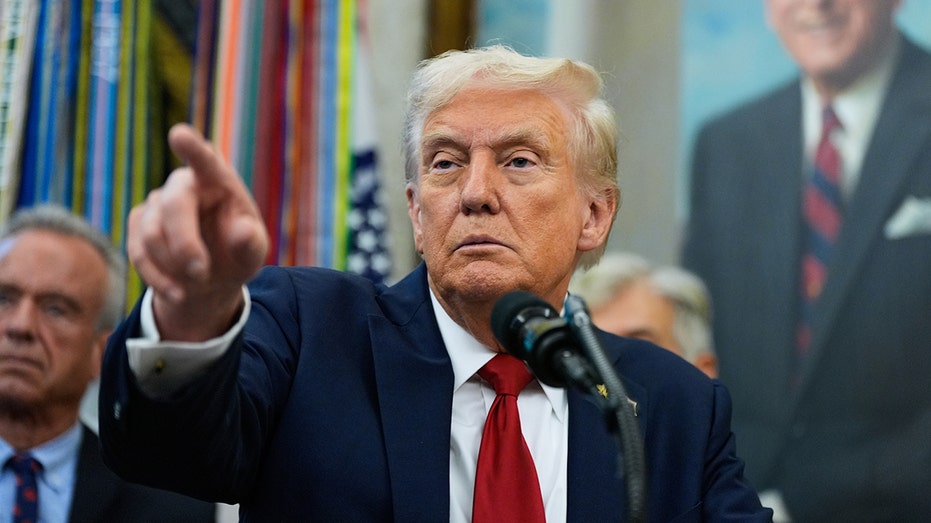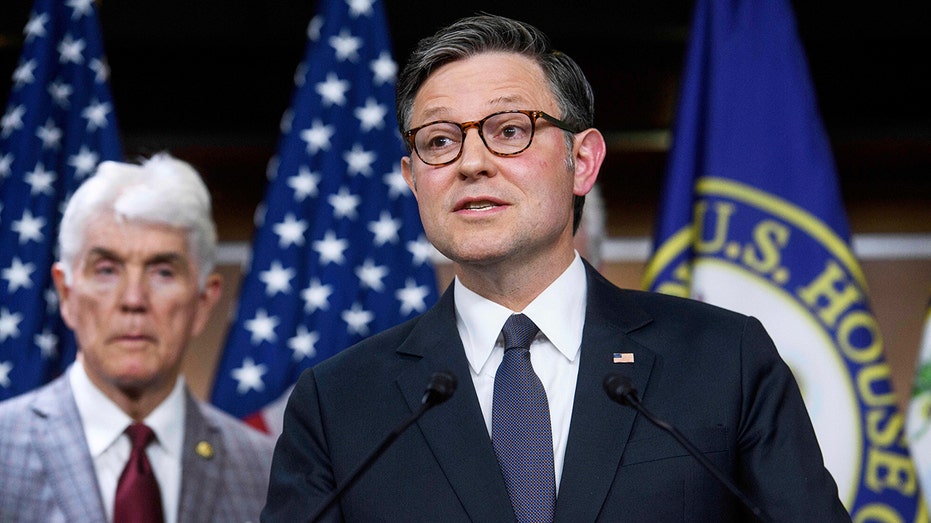A shadow of the Cold War looms once more as concerns rise over a potential resurgence of nuclear testing. Former President Trump’s suggestion that the U.S. might resume such tests, mirroring actions by Russia and China, has ignited a fierce debate and prompted a legislative response from Senate Democrats.
The core fear isn’t simply the act of testing itself, but the dangerous precedent it sets. Decades of restraint could unravel, potentially triggering a new arms race. Lawmakers worry that a U.S. test would embolden nations like China to accelerate their own nuclear programs, destabilizing global security.
Sens. Mark Kelly, Catherine Cortez Masto, Ben Ray Luján, and Martin Heinrich have jointly introduced the “No Nuclear Testing Without Approval Act.” This measure seeks to establish a critical safeguard: the U.S. would be prohibited from conducting a nuclear test unless another nation does so first, and would require Congressional approval before any such action.
Senator Kelly emphasized the unnecessary risk, stating that over a thousand tests have already been conducted, confirming the functionality of existing warheads. Restarting testing, he argues, is a reckless gamble with potentially catastrophic consequences.
The prospect of renewed testing strikes a particularly raw nerve in Nevada. For over four decades, from 1951 to 1992, the Nevada Test Site served as the primary location for U.S. nuclear detonations. Though now the Nevada National Security Site, focused on stockpile maintenance, it remains the only place within the U.S. capable of hosting such tests.
Senator Cortez Masto voiced the outrage felt by many Nevadans, describing the idea of detonating nuclear weapons just sixty miles from Las Vegas as “outdated and misguided.” She insists no administration should possess the unilateral authority to conduct such tests without state oversight and community engagement.
The former President’s initial announcement, made ahead of a meeting with China’s President Xi Jinping, was brief. He cited the testing activities of other nations as justification for the U.S. to reassess its long-held policy of restraint, stating it was “appropriate” to do so.
While no nation has openly conducted a nuclear test since North Korea in 2017, interpretations of Trump’s statement vary. Some experts suggest he may have been referring to enhanced testing of non-nuclear weapon components, or secretive, low-yield tests. The Energy Secretary clarified that any tests would focus on “systems tests” – not full-scale nuclear explosions.
The timing of Trump’s remarks coincided with Russia’s announcement of a successful test of its new nuclear-powered Burevestnik cruise missile, dubbed “Skyfall” by NATO. This development prompted calls for a strong response to demonstrate resolve against nations like Russia, led by President Putin.
The debate underscores a fundamental question: how does the U.S. maintain a credible deterrent in a world where other nations are modernizing their nuclear arsenals? The “No Nuclear Testing Without Approval Act” represents a determined effort to ensure that any answer to that question is carefully considered, and subject to democratic oversight.






